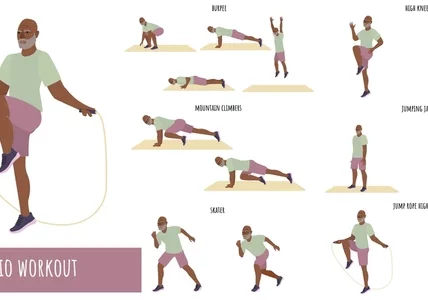Anxiety is a common human experience, but when it becomes overwhelming, it can significantly impact our daily lives. There are various strategies to manage and reduce anxiety.
Understanding Anxiety
Anxiety is a normal emotion that can help us stay alert and focused. However, when anxiety becomes excessive and persistent, it can lead to anxiety disorders. Common symptoms of anxiety include:
- Excessive worry
- Restlessness
- Fatigue
- Difficulty concentrating
- Irritability
- Muscle tension
- Sleep disturbances
Effective Strategies for Anxiety Relief
- Mindfulness and Meditation:
- Mindful Breathing: Focus on your breath, inhaling and exhaling slowly and deeply.
- Meditation: Practice mindfulness meditation to calm your mind and reduce anxiety.
- Yoga: Combine physical postures, breathing exercises, and meditation for holistic stress relief.
- Physical Activity:
- Regular Exercise: Engage in activities you enjoy, such as walking, running, swimming, or dancing.
- Outdoor Activities: Spend time in nature to reduce stress and improve mood.
- Healthy Lifestyle:
- Balanced Diet: Eat a nutritious diet rich in fruits, vegetables, and whole grains.
- Adequate Sleep: Prioritize quality sleep to recharge your body and mind.
- Limit Caffeine and Alcohol: Excessive consumption can worsen anxiety.
- Time Management:
- Prioritize Tasks: Focus on important tasks and avoid multitasking.
- Set Realistic Goals: Break down large tasks into smaller, manageable steps.
- Time Management Techniques: Use tools like calendars and time management apps to stay organized.
- Social Connection:
- Spend Time with Loved Ones: Connect with friends and family to reduce stress and loneliness.
- Join Social Groups: Participate in activities and hobbies with like-minded people.
- Professional Help:
- Therapy: A therapist can provide guidance and support for managing anxiety.
- Medication: In some cases, medication may be prescribed to help manage anxiety symptoms.
Remember, seeking help is a sign of strength, not weakness. By combining these strategies and seeking professional help when needed, you can effectively manage anxiety and improve your overall well-being.




